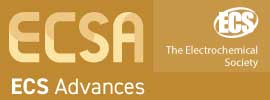Seven new student chapters in China, Lithuania, Mexico, and the US were chartered at the May 22, 2025, ECS Board of Directors Meeting. The total number of chapters in our supportive, global community is up to 161 with these new additions! (more…)
Editorial Spotlight: Celebrating Dr. Fan Ren, Incoming JSS Editor-in-Chief
Posted on June 19, 2025 by Adrian Plummer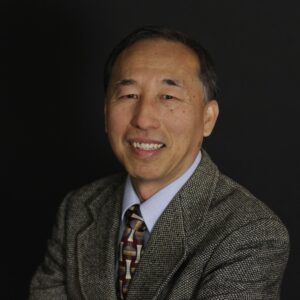 The Electrochemical Society (ECS) proudly announces the appointment of Dr. Fan Ren as the next Editor-in-Chief of the ECS Journal of Solid State Science and Technology (JSS), with his term beginning on January 1, 2026.
The Electrochemical Society (ECS) proudly announces the appointment of Dr. Fan Ren as the next Editor-in-Chief of the ECS Journal of Solid State Science and Technology (JSS), with his term beginning on January 1, 2026.
Dr. Ren is a Distinguished Professor in the Department of Chemical Engineering at the University of Florida and one of the world’s foremost experts in wide bandgap semiconductor devices and materials. His extensive scholarly record includes over 1,000 publications and more than 61,000 citations, underscoring the global impact of his research in electronic materials and device technologies.
The Electrochemical Society Names Class of 2025 ECS Fellows
Posted on June 17, 2025 by Genevieve Goldy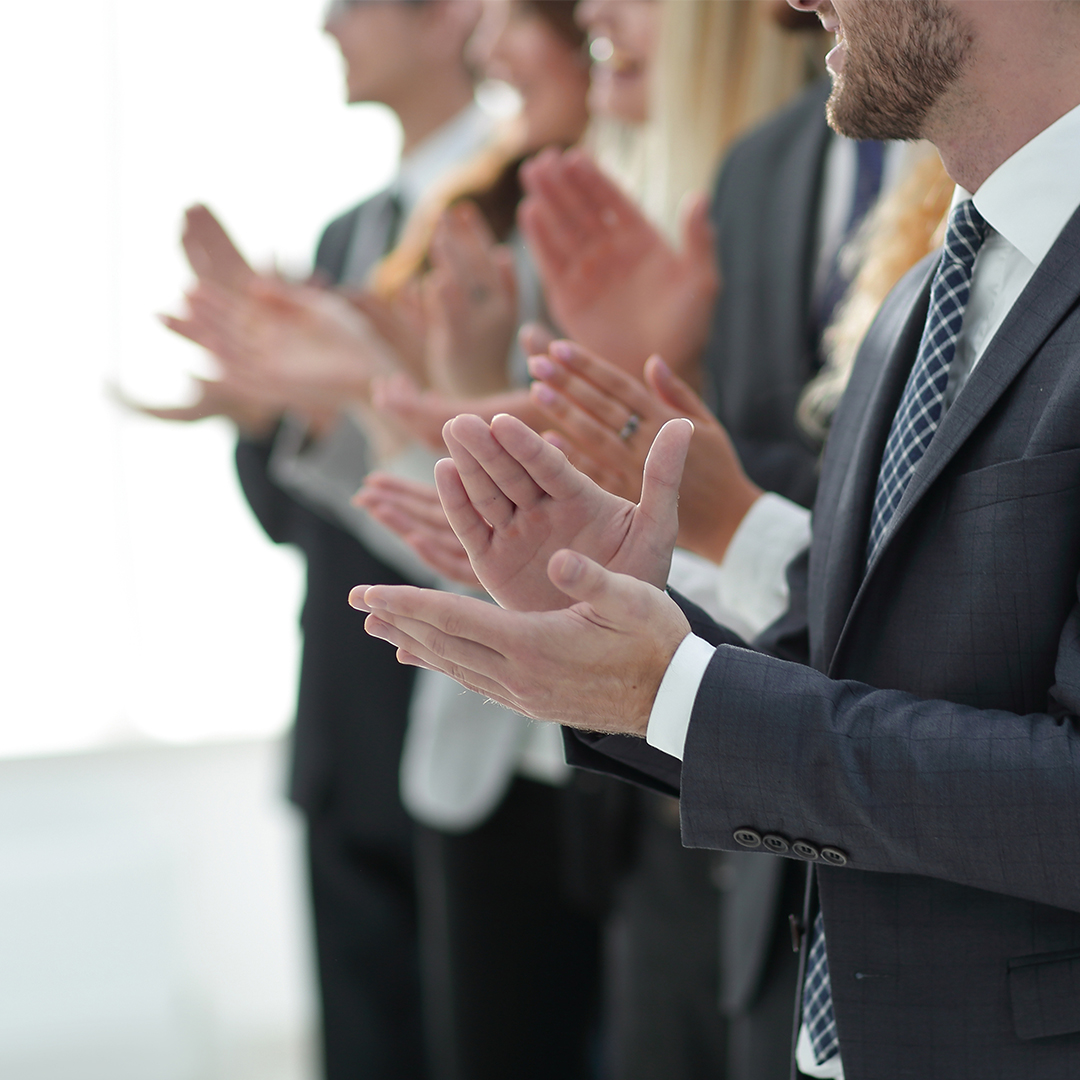 The Electrochemical Society (ECS) named 12 members to the 2025 Class of Fellows of The Electrochemical Society. This designation was established in 1989 to recognize advanced individual technological contributions to electrochemistry and solid state science and technology, and for service to the Society. These members are recognized for scientific achievements, leadership, and active participation in the Society. Each year, up to 15 renowned scientists and engineers are chosen by their peers for this honor.
The Electrochemical Society (ECS) named 12 members to the 2025 Class of Fellows of The Electrochemical Society. This designation was established in 1989 to recognize advanced individual technological contributions to electrochemistry and solid state science and technology, and for service to the Society. These members are recognized for scientific achievements, leadership, and active participation in the Society. Each year, up to 15 renowned scientists and engineers are chosen by their peers for this honor.
The 2025 ECS Fellows are (listed alphabetically): Thierry Brousse, Université de Nantes; Scott Calabrese Barton, Michigan State University; Uroš Cvelbar, Jožef Stefan Institute; Avetik R. Harutyunyan, Honda Research Institute USA, Inc.; Bing-Joe Hwang, National Taiwan University of Science and Technology; Ryoji Kanno, Institute of Science Tokyo; Xingbo Liu, West Virginia University; Radenka Maric, University of Connecticut; Nosang Myung, University of Notre Dame; Colm O’Dwyer, University College Cork; Jeff Sakamoto, University of California, Santa Barbara; and David Wilkinson, University of British Columbia.
The induction of the 2025 Class of ECS Fellows takes place on October 13, 2025, at the 248th ECS Meeting in Chicago, IL, USA.
Join us in congratulating our new ECS Fellows! (more…)
Join the 2025 Electrochemical Measurements Workshop at Case Western Reserve University
Posted on June 17, 2025 by Shannon Reed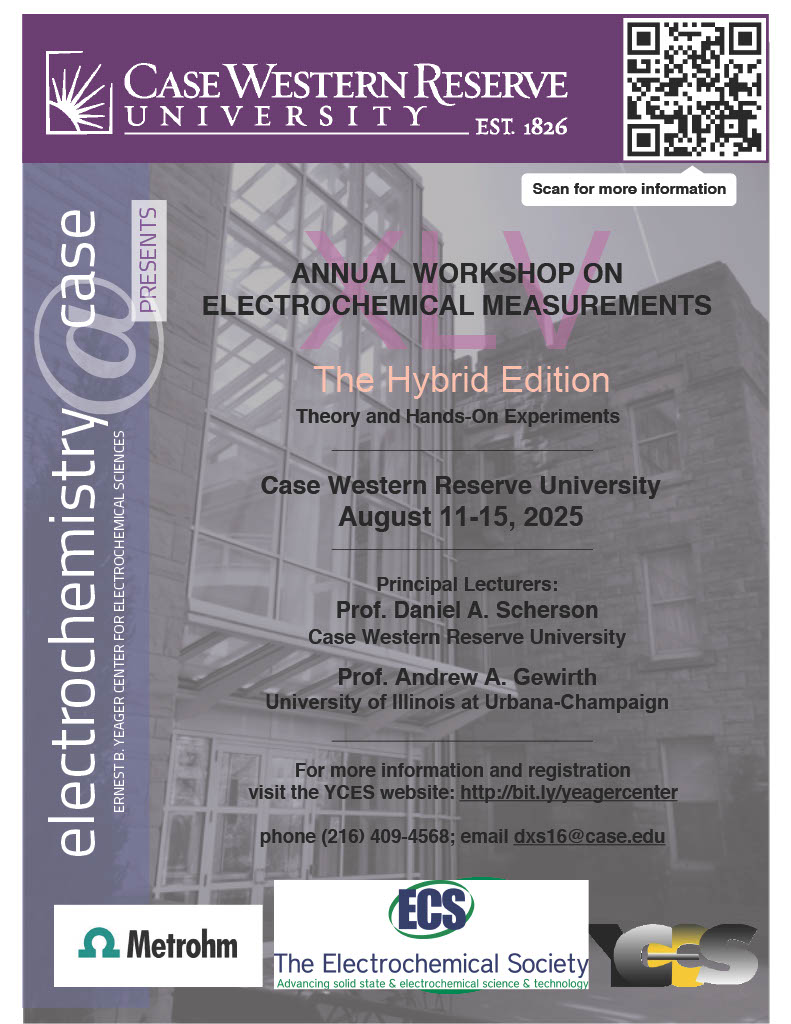 August 11-15, 2025 | Case Western Reserve University
August 11-15, 2025 | Case Western Reserve University
The Ernest B. Yeager Center for Electrochemical Sciences (YCES) at Case Western Reserve University hosts the 45th Annual Workshop on Electrochemical Measurements from August 11–15, 2025. The Electrochemical Society (ECS) is proud to serve as a name-only sponsor of this longstanding and impactful event.
Held on the Case Western Reserve campus in Cleveland, Ohio, this hybrid-format workshop provides a rare opportunity for academic, industrial, and government lab professionals to gain both theoretical and practical knowledge in the field of electrochemistry. With its faculty comprised of internationally recognized experts, the YCES Workshop has become a cornerstone event for deepening understanding of electrochemical science and its wide-ranging applications.
JSS Spotlight: “A CMOS-Compatible Si Nanowire Resistance Temperature Sensor Based on Low-Temperature-Processed ZnO Layer”
Posted on June 11, 2025 by Adrian Plummer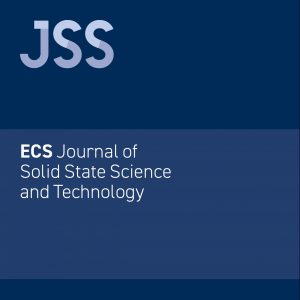 Join us in celebrating the authors of the article, “A CMOS-Compatible Si Nanowire Resistance Temperature Sensor Based on Low-Temperature-Processed ZnO Layer,” for achieving top-read status in the ECS Journal of Solid State Science and Technology this week!
Join us in celebrating the authors of the article, “A CMOS-Compatible Si Nanowire Resistance Temperature Sensor Based on Low-Temperature-Processed ZnO Layer,” for achieving top-read status in the ECS Journal of Solid State Science and Technology this week!
Authored by Darragh Buckley, Alex Lonergan, and Colm O’Dwyer, this innovative study explores the integration of a ZnO-coated silicon nanowire sensor fabricated through a CMOS-compatible process. With its excellent temperature sensitivity and low thermal budget, this work offers promising applications in the field of advanced microsystems and wearable electronics. (more…)
 Congratulations to the spring 2025 ECS award winners, individuals who made notable contributions to their respective fields. The spring 2025 award winners receive recognition at an upcoming ECS biannual or section meeting.
Congratulations to the spring 2025 ECS award winners, individuals who made notable contributions to their respective fields. The spring 2025 award winners receive recognition at an upcoming ECS biannual or section meeting.
ECS Society Awards
- Carl Wagner Memorial Award – Paul Kenis, University of Illinois at Urbana-Champaign
- Olin Palladium Award – Arumugam Manthiram, University of Texas at Austin
- Bruce Deal and Andy Grove Young Author Award – José Lopez Ninantay, Georgia Institute of Technology
- Norman Hackerman Young Author Award – Louis Hartmann, Technische Universität München
ECS Detroit Section Hosts Intro to Electric Vehicles for American Low-carbon Living (EVs4ALL)
Posted on June 6, 2025 by Maggie HohenadelRegister for June 16 seminar
 The ECS Detroit Section invites you to register for “ARPA-E EVs4ALL – Introduction of a current Initiative of the U.S. Department of Energy” on June 16 at Nissan Technical Center North America.
The ECS Detroit Section invites you to register for “ARPA-E EVs4ALL – Introduction of a current Initiative of the U.S. Department of Energy” on June 16 at Nissan Technical Center North America.
Program Performers presenting at the event are from ARPA-E, University of Maryland, Zeta Energy Corp, Ohio State University, and Tyfast.
Pre-registration by June 14 is required.
Interview with Editor-in-Chief and editorial board
Don’t miss the compelling ECS Interface feature spotlighting Dr. Rohan Akolkar, Editor-in-Chief of ECS Advances, and members of the ECS Advances Editorial Board.
In this insightful article, Dr. Akolkar shares his vision for the journal and the future of open access publishing at ECS. As we recently reported, ECS Advances is now officially indexed in the Web of Science Emerging Sources Citation Index (ESCI) in both Electrochemistry and Materials Science. Learn more about the journal and plans to further expand the journal’s growing impact and commitment to excellence.
247th ECS Meeting: General Student Poster Session Award Winners
Posted on May 22, 2025 by Maggie Hohenadel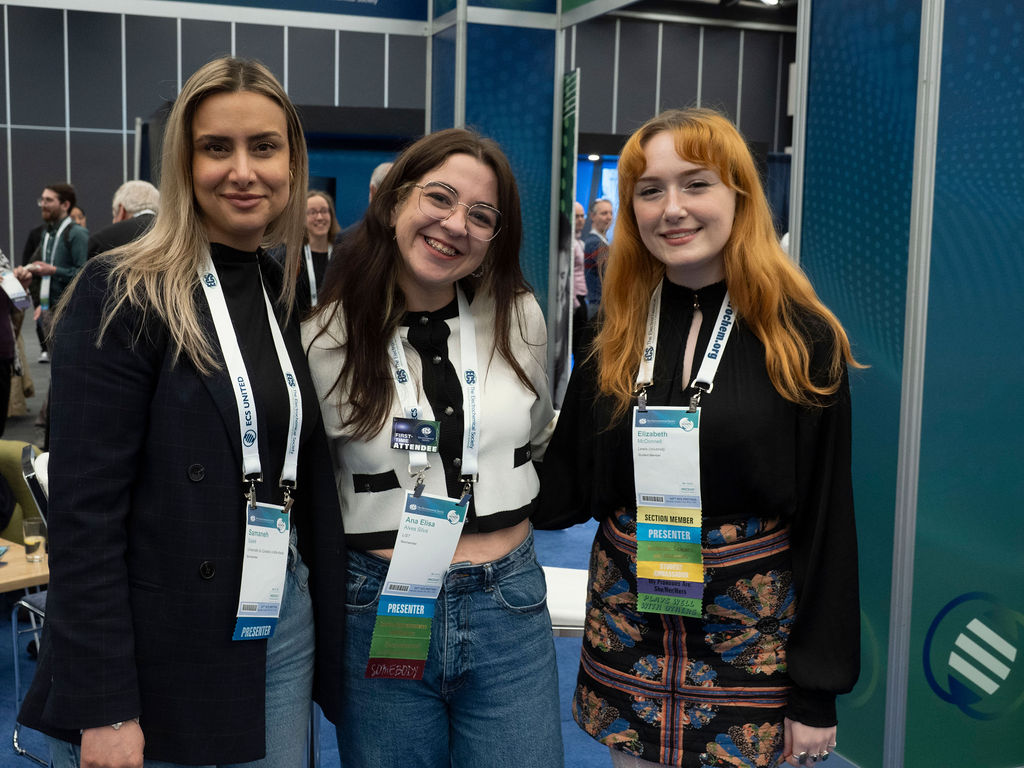
(From left to right:) Samaneh Salek, Elisa Silva, and Elizabeth McDonnell. Photo by © ECS/Todd Buchanan 2025.
Congratulations to Samaneh Salek, Elisa Silva, and Elizabeth McDonnell, winners of the 247th ECS Meeting Z01—General Student Poster Session Awards. More than 80 posters were submitted! Join us in celebrating all of the Z01 participants’ excellent work. (more…)
JES Spotlight: “Causes of Convoluting Electrochemical CO2 Reduction Selectivity Measurements”
Posted on May 14, 2025 by Adrian Plummer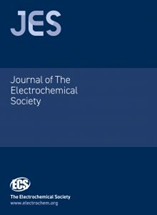 Spotlight on Maria Kelly, Rachel A. Wnuk, Recep Kaş, Glenn Teeter, Melissa E. Kreider, and Wilson A. Smith for their Editor’s Choice article published in the Journal of The Electrochemical Society (JES) titled “Rapid Deactivation Convolutes Electrochemical CO2 Reduction Selectivity Measurements on Gold Rotating Ring Disk Electrodes.” The corresponding author of this work is Maria Kelly, an ECS Student member at University of Colorado Boulder, affiliated with the ECS Physical and Analytical Electrochemistry Division. Maria works in the lab of Wilson T. Smith, Principal Investigator of UC Boulder’s Electrobuffs Team.
Spotlight on Maria Kelly, Rachel A. Wnuk, Recep Kaş, Glenn Teeter, Melissa E. Kreider, and Wilson A. Smith for their Editor’s Choice article published in the Journal of The Electrochemical Society (JES) titled “Rapid Deactivation Convolutes Electrochemical CO2 Reduction Selectivity Measurements on Gold Rotating Ring Disk Electrodes.” The corresponding author of this work is Maria Kelly, an ECS Student member at University of Colorado Boulder, affiliated with the ECS Physical and Analytical Electrochemistry Division. Maria works in the lab of Wilson T. Smith, Principal Investigator of UC Boulder’s Electrobuffs Team.



